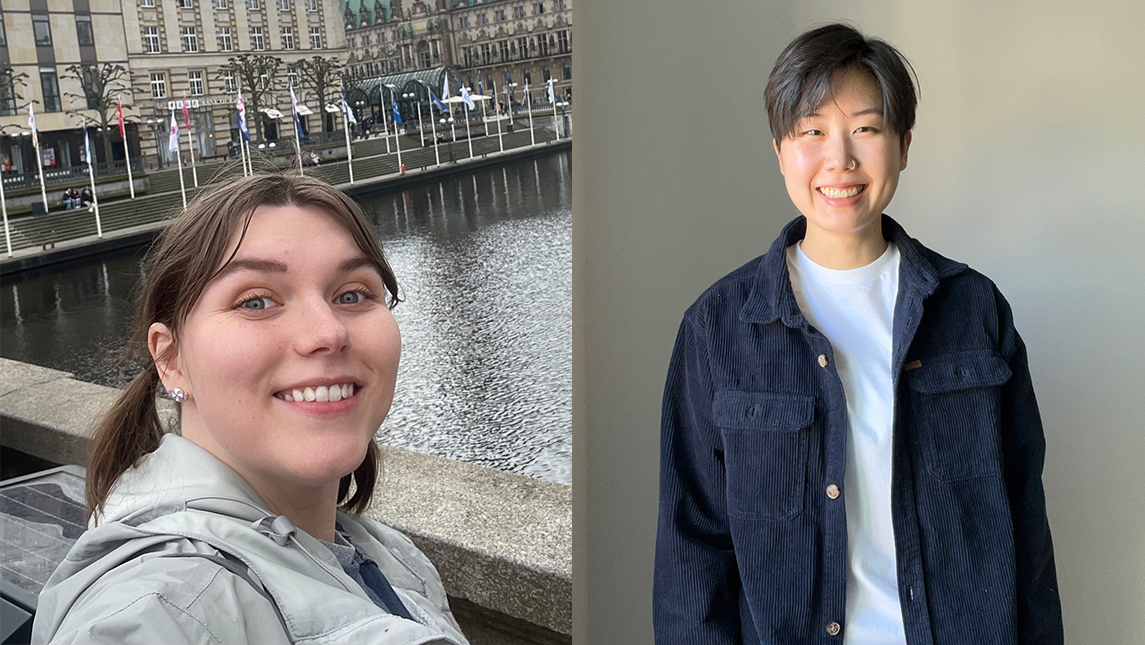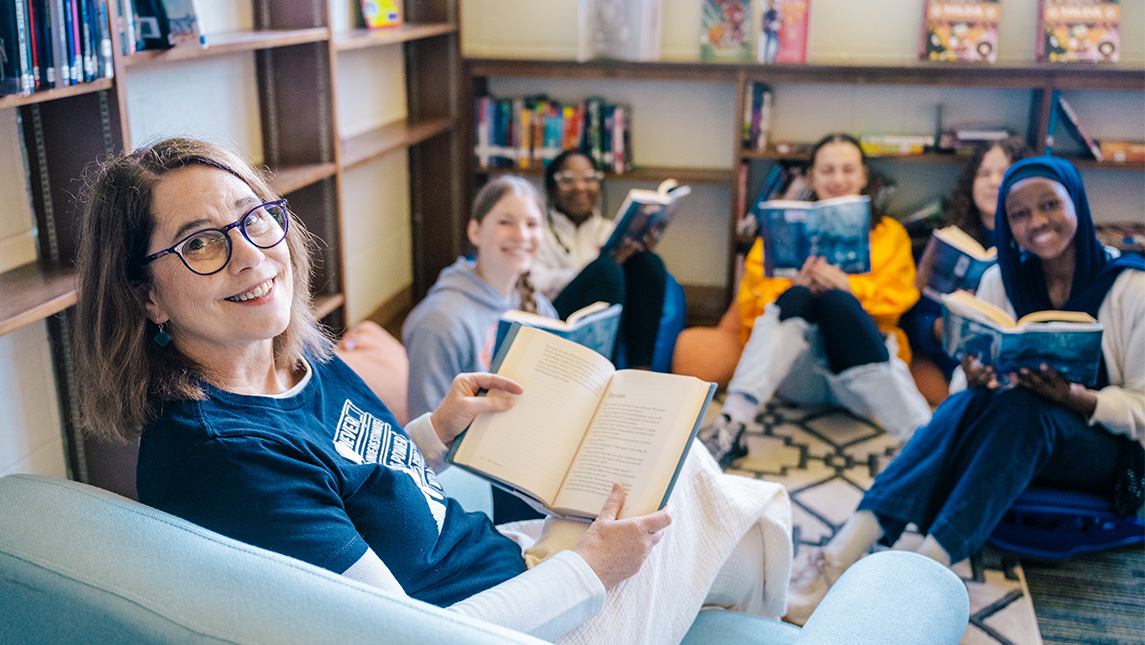Students in Dr. Izzet Lofca’s Information Organization 301 class in the UNC Greensboro School of Education’s Department of Information, Library, and Research Sciences recently had the opportunity for a hands-on learning experience by working with Microchip Technology to crawl the company’s website, produce a sentiment analysis, and develop FAQ documents.
According to student Rowby Pierre, “This project successfully combined web scraping and AI-powered analysis to create useful resources for content generation and data analysis.”
The project required teams to work together to accomplish the goal and students took on roles of team manager, coders, and writers.
This type of work allows UNCG students to have real-world experiences while still in the classroom, better preparing them for the workforce upon their graduation. The students were able to use tools such as Chat GPT, Scrapy, Selenium, Puppeteer, and JavaScript to complete their work.
An additional benefit for the students was being able to participate in industry-standard stand-up meetings as the groups held weekly meetings to assess their progress, impediments, and plan for the upcoming week.
Those in the class also learned the depth of projects such as this one. There were times that groups had to restart, and some found the project to be more complex than initially expected.
Student Michael Pyant related this by saying, “Beyond classroom instruction, I had to rely on help from other classmates, books from my own collection, guides from technical websites and other tech-education apps and social media. This turned out to teach me what to expect in real-world situations when a programmer must be resourceful in order to complete tasks that may not be within their immediate abilities or skillset. Although I am familiar with Python and other web technologies, I have not had to apply my skills in a way this project required. It forced me to mature as an academic and technician, and now I am very proud of what I accomplished and learned. These experiences are only gained through practical study and hands-on work.”
Added student Nezar Khabiry, “I’m willing to argue that hands-on experience is more important than the degree itself. The reason why I say this is because you go to university for hands-on experience. The hands-on experience of opening up a textbook and reading and figuring out the answer to question A, B, and C is valuable, but what is more valuable is applicable hands-on experience, relevant like the Microchip project.”
Not only was the work beneficial for those in the class, but also for Microchip Technology. The sentiment analysis performed by the groups will provide insight into potential customer concerns, allowing them to better address those areas. The compiled FAQ documents can be used to better inform customer interactions, improving efficiency, and making for a better customer experience.
The UNCG information science program, one of just two BSIS programs offered at North Carolina’s public universities, is making an impact on the students enrolled.
Student Kwadwo Boahene stated, “I enjoy that we get to use our skills gathered through the degree for opportunities like this and gain work experience we can put on our resume.”
Added Pierre, “What I enjoy most about the information science program is the exceptional quality of the professors. They stand out not just for their expertise in the field, but also for their unwavering commitment to ensuring that students truly grasp and learn the material. This focus on deep understanding over rote memorization creates a learning environment that is both challenging and rewarding. The professors’ dedication to student success is evident in their teaching methods, their availability for guidance, and their ability to make complex topics accessible and engaging. This level of academic support is a significant factor in making the information science program at UNCG both unique and highly valuable for students like me.”



